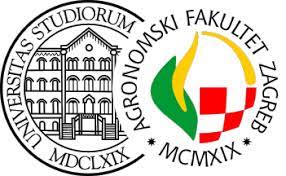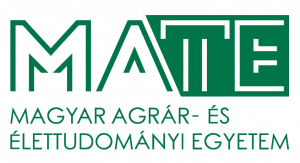1.3 Concept of the Farmer Field School (FFS)
Concept of the Farmer Field School (FFS)
Learning Outcomes:
- Describe concept of the FFS and its background.
- Explain FFS general learning principles.
Farmer Field School (FFS) is a people-centered learning approach that uses participatory methods to create an environment conducive to learning. Participants can share knowledge and experiences in a risk-free environment. Practical field exercises with direct observation, discussion and decision-making promote learning through practice. The field is a place where local knowledge and external scientific findings are tested, validated and integrated in the context of the local ecosystem and socio-economic environment. Community-based problem analysis is the starting point for the FFS team to develop a place-based curriculum. Several technical topics are being addressed in FFS: soil, crop and water management, seed multiplication and variety testing, integrated pest management (IPM), agro pastoralism, aquaculture, agroforestry, nutrition, value chain and linkage to markets, etc.
The FFS provides a space for practical group learning, strengthening the critical analysis and decision-making skills of local people. FFS activities take place on the ground and involve experimentation in problem solving, reflecting the specific local context. Participants learn how to improve skills by observing, analysing and trying out new ideas in their fields, which contributes to improved production and livelihoods. The FFS process enhances individual, household and community empowerment and cohesion.
The complete production cycle linked to the corresponding biological cycle determines the duration of the FFS learning programme. In a typical FFS, a group of farmers/herders /fishermen meet regularly in the local field under the guidance of a trained facilitator. They observe the local production system, focusing on the topic under study and observe and compare the effects of two or more alternative practices to solve the problem, one following local practice and the other testing a proposed 'best practice'. Participants discuss and make decisions based on observations and analyses directly on the plots, using agro-ecological system analysis (AESA).
At the end of the season, the FFS team organizes a field day to share findings with local authorities, agriculture workers and other farmers. Exchange visits with other FFSs are also encouraged. Post-FFS activities strengthen community development.





